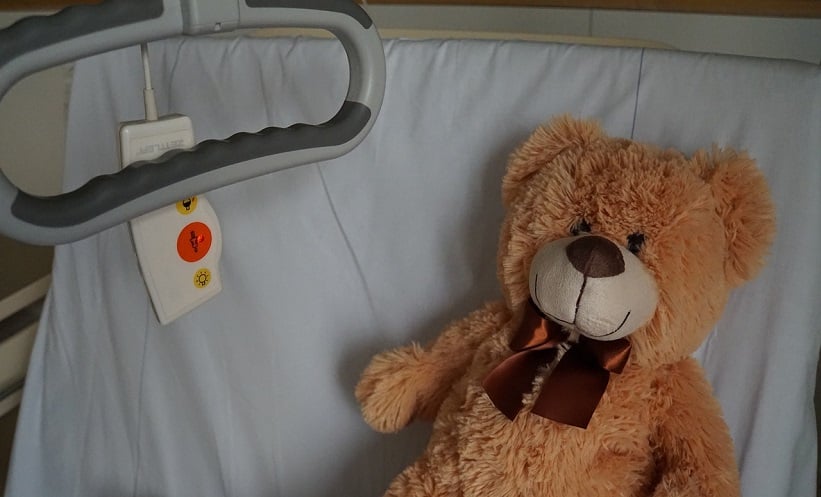ASSESSMENT of paediatric COVID-19 disease severity should include consideration of the age of the child, according to new research findings from a multicentre retrospective cohort study.
To evaluate the impact of different severe acute respiratory syndrome coronavirus 2 variants on disease severity, and the changes in severe disease outcomes over time, researchers analysed data from a total of 31,785 hospital admissions for paediatric COVID-19 that occurred in Australia, Brazil, Italy, Portugal, South Africa, Switzerland, Thailand, the UK, and the USA between 1st January 2020–31st March 2022. The study authors stratified the data into three groups based on timeframes: T1 for the initial ‘ancestral’ severe acute respiratory syndrome coronavirus 2 strain, T2 for pre-omicron variants, and T3 for the omicron variant.
Intensive care unit (ICU) admission rates, ventilatory support, and requirement for oxygen therapy were evaluated. The study found that the risk ratios for these three outcomes reduced between the T1 and T3 timeframes. The T3 versus T1 risk ratio for ICU admission, ventilatory support, and oxygen therapy for children aged 5–18 years was 0.39 (95% confidence interval [CI]: 0.32–0.48), 0.37 (95% CI: 0.27–0.51), and 0.47 (95% CI: 0.32–0.70), respectively.
The T3 versus T1 risk ratio in ICU admission for children <6 months was 0.56 (95% CI: 0.42–0.75) and for children aged 6 months–5 years was 0.61 (95% CI: 0.47–0.79). However, amongst children aged <5 years, despite a reduction in ICU admissions over time, the need for ventilatory support and oxygen therapy requirement did not decrease between the T1 and T3 timeframes. The findings highlight that when assessing COVID-19 disease severity in paediatric patients, age is an important consideration.
Lead study author Yanshan Zhu, University of Queensland (UQ), Brisbane, Australia, and Queen’s Medical Research Institute, University of Edinburgh, UK, discussed how reduction in ICU admissions, ventilatory support, and oxygen therapy requirement in 5–18 year olds over time reflected trends seen in adult populations, but explained that it was less expected that the need for ventilatory support and oxygen requirement would remain stable in those under 5 years of age despite a reduction in the number of ICU admissions.
In light of these findings, Zhu stated that even with a decrease in overall ICU admission for paediatric COVID-19. Zhu said: “Paediatricians should be particularly careful in monitoring respiratory support requirements for the youngest patients.”








